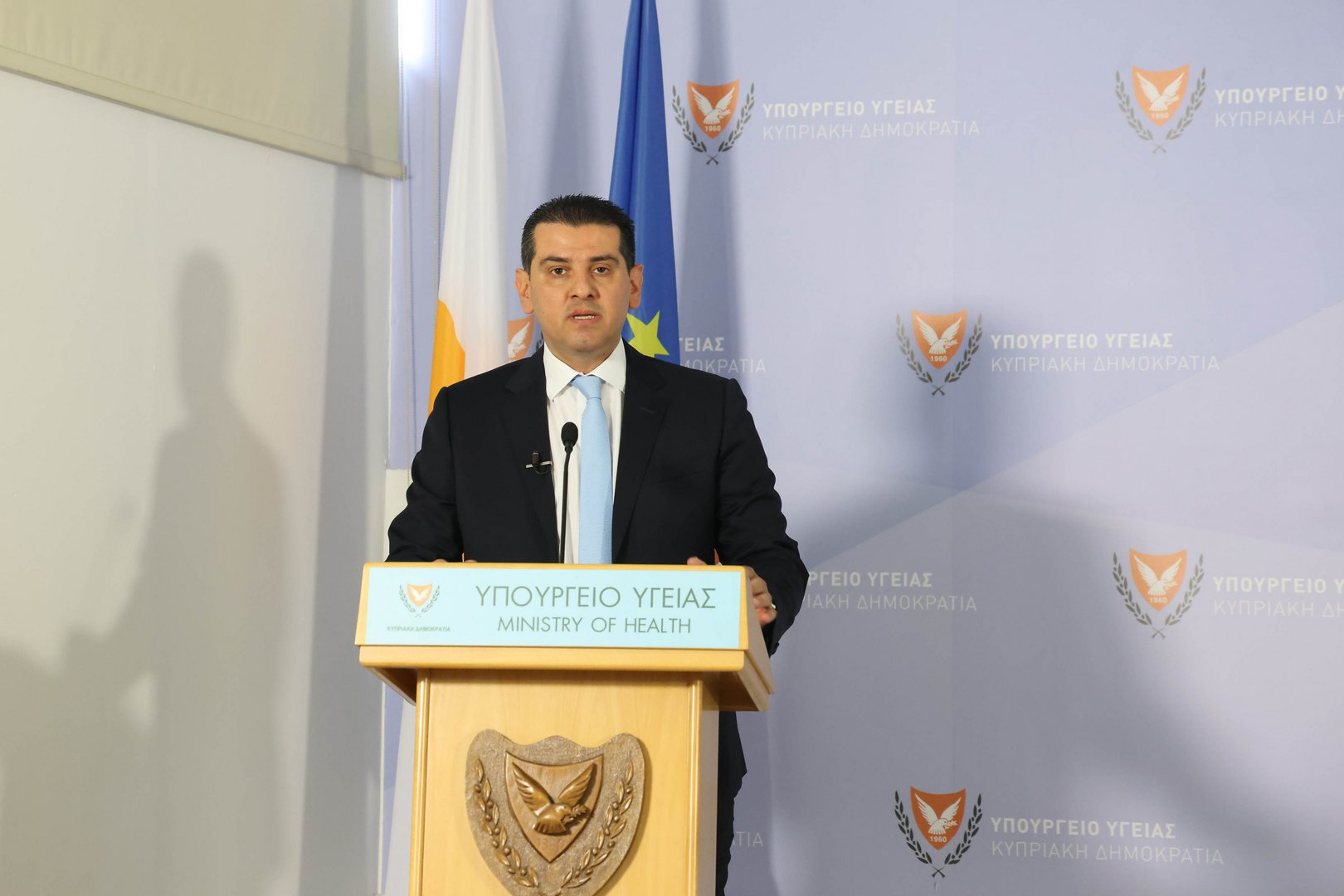The success of Gesy requires the fruitful contribution of all involved, Health Minister Michael Damianos said on Friday.
Speaking at the opening of a nursing and midwifery conference, he pointed out that nurses and midwives make up the largest single group of professionals inside Gesy.
He said they have “the experience and knowledge which can lead on a daily basis to the improvement of efficiency, effectiveness, the provision of quality care, and the achievement of optimal outcomes for patients and the general population.”
To this end, he said “it is important that nurses and policy makers focus on the delivery of effective nursing care and efficient care systems as a key condition for achieving optimal health and wellbeing for all.”
He went on to praise nurses for their “multilayered and multidimensional” role, adding that nursing “has the human at its centre and always acts based on humanitarian values”.
He added that the health sector’s focus should now be on “improving the quality of care provided”, and that this can be achieved through cooperation with the various involved department and agencies.
With this in mind, he said his ministry is working for “the continuous improvement of the level of health and wellbeing among the population” and doing so by following its “guiding principles”.
Those guiding principles, he said, are “human rights, patients’ rights, human dignity and solidarity, and equality of access”.
However, despite Damianou’s warm words, nurses themselves in some quarters are less than enamoured with the government’s performance.
Nurses’ union Pasyno and the European Federation of Nurses’ Associations on Friday penned a joint letter to Damianou, expressing concern regarding training of nurses in Cyprus in relation to the European Union’s mutual recognition of standards and professional qualifications.
Their concerns relate to the planned reduction of the number of hours in Cyprus required to train a nurse to 3,800. Such a reduction would not comply with the EU minimum of 4,600 hours, which nurses say could endanger patient safety and will infringe upon their human rights.
In the letter, they said Cypriot nurses’ EU freedom of movement “will be jeopardised if we discard the directive”, as their qualifications would no longer be recognised as having met the minimum European standards.
In addition, they said, research carried out over the last three decades “shows that a 10 per cent reduction in nurses’ education increases patient mortality by seven per cent”.
They said, “we need highly educated and motivated nurses who protect people in the health care system and who are present at patients’ bedsides and close to the people 24 hours a day, seven days a week.”
They added that “it is important for national governments of the EU to ensure that their health systems have the necessary nursing workforce, with the necessary skills, to provide high quality and safe healthcare services.”
“The nursing shortage crisis cannot be solved by reducing the qualifications required to be a nurse or carrying out unethical recruitment methods,” they said.
They added, “patient health and safety is of paramount importance, especially in these very difficult times. If we want to be better prepared for the next health crisis, in whatever form it may come, we must not lower the barrier for nurses to qualify.”







Click here to change your cookie preferences